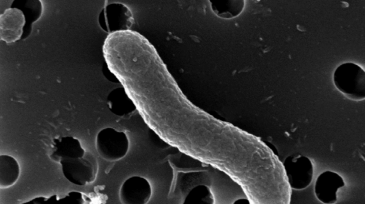Environment
The agency’s administrator said the program “does nothing to improve air quality.”
The project is expected to recover up to 300 MMscf/D of flared gas. Plans call for the recovered gas to be converted into treated dry gas, liquefied petroleum gas, and condensate for domestic use and export.
This research aims to harness the advanced capabilities of artificial intelligence, specifically deep learning and large language models, to develop a comprehensive system for detecting and explaining oil spills.
-
In the dry, dusty plains of West Texas, home to America’s most prolific oil play, the problem isn’t too little water. It’s too much.
-
Structures in the ocean made by people, such as oil and gas rigs, shipwrecks, or renewable energy devices, could help protect sea creatures under threat from human pressure and climate change, according to a study in Scientific Reports.
-
Maersk Supply Service is set to provide marine support to The Ocean Cleanup, a Dutch nonprofit that is developing advanced technologies to rid the oceans of plastic.
-
Texas environment regulators should coordinate shutdowns of oil refineries and other petrochemical plants during major storms to avoid big releases of air pollution like during last year’s Hurricane Harvey, a report said .
-
The National Oceanography Centre is set to start a 5-year project that will use marine robots to investigate how meltwater from Greenland and Arctic ice is changing deepwater formation in the North Atlantic.
-
For his efforts in turning Environmentally Friendly Drilling from an oxymoron to a ubiquitous concept, Rich Haut has earned SPE’s 2018 Health, Safety, and Environment Award. The award will be presented at the SPE’s 2018 Annual Technical Conference and Exhibition in September.
-
The Sea Grant oil spill outreach team has produced two new publications explaining what scientists know about what happens to oil in a marine environment after an accidental spill.
-
Getting to Zero and Beyond: The Path Forward, sets the stage for continuing the discussion across the industry of the essential steps the industry must take to sustain zero harm.
-
This paper presents an analysis of the environmental aspects of the exploitation of unconventional reservoirs in order to evaluate the risk of the activity.
-
The Trump administration said it would no longer require oil drillers, miners, and other industries to compensate for damage they cause to public lands under their permitted projects, in a bid to speed up development on federal lands.












